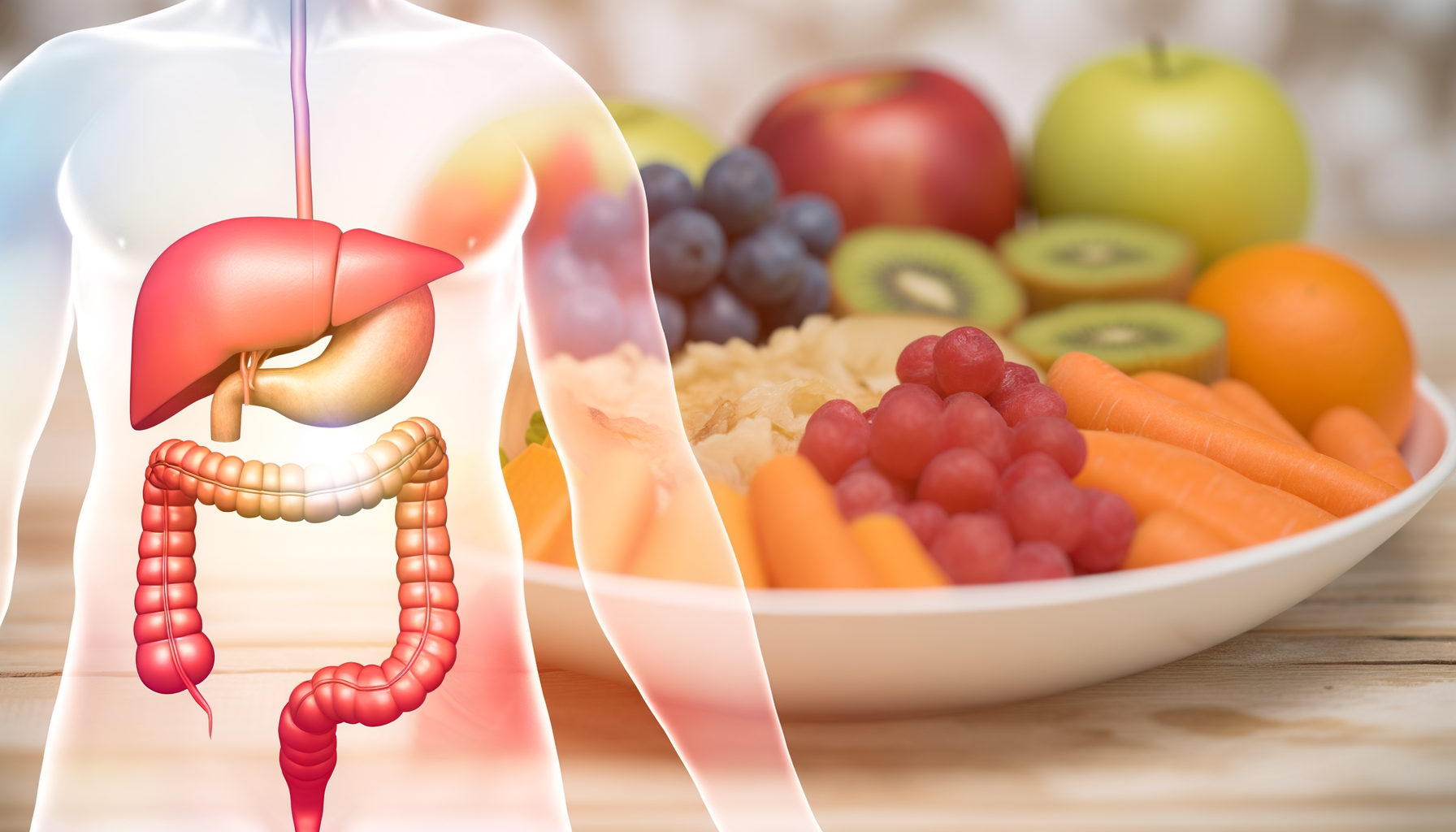The intricate relationship between gut health and calorie absorption is a critical aspect of overall metabolic wellness. Understanding how the gut microbiota influences nutrient absorption and energy metabolism can provide valuable insights into maintaining a healthy weight and preventing metabolic disorders.
How Gut Microbiota Impacts Calorie Absorption
The gut microbiota plays a pivotal role in the absorption, metabolism, and storage of calories. Research has shown that the composition of the gut microbiota can significantly affect how the body processes dietary energy. For instance, studies have demonstrated that certain gut microbes can alter the absorption of calories by influencing the production of short-chain fatty acids (SCFAs) and other metabolic byproducts.
A key finding from recent studies is that diets rich in fiber and resistant starch, which are substrates for microbial fermentation, can lead to a significant decrease in calorie absorption. This is because these diets promote the growth of beneficial gut microbes that ferment these substrates, resulting in fewer calories being absorbed by the host.
The Mechanisms Behind Gut Microbiota’s Influence
The mechanisms by which gut microbiota influences calorie absorption are multifaceted. One primary mechanism involves the fermentation of dietary fiber by gut microbes, which produces SCFAs. These SCFAs not only provide energy to the host but also modulate the expression of genes involved in energy metabolism and fat storage.
Additionally, the gut microbiota can influence the release of hormones that regulate appetite and satiety. For example, a diet that enhances gut microbiota activity has been shown to increase the levels of hormones such as GLP-1 and pancreatic polypeptide, which promote feelings of fullness and reduce food intake.
The Impact of Diet on Gut Microbiota and Calorie Absorption
The type of diet consumed has a profound impact on the composition and function of the gut microbiota. A microbiome-friendly diet, characterized by high fiber and resistant starch content, can significantly reduce calorie absorption compared to a Western diet that is high in processed foods and low in fiber.
A study conducted at the Translational Research Institute (TRI) used a randomized, controlled, cross-over feeding study to compare the effects of a microbiome enhancer diet versus a Western diet on energy balance. The results showed that participants on the microbiome enhancer diet absorbed significantly fewer calories, leading to a negative energy balance that is conducive to weight loss.
Real-World Examples and Case Studies
Real-world examples and case studies further illustrate the importance of gut health in calorie absorption. For instance, a study on calorie restriction (CR) demonstrated that the beneficial effects of CR on metabolism are mediated by changes in the gut microbiota. The study found that antibiotic-induced depletion of gut microbiota abolished the metabolic benefits of CR, highlighting the causal role of gut microbiota in metabolic improvement.
In another study, participants who followed a microbiome-friendly diet experienced an average loss of 217 calories per day, significantly more than those on a Western diet. This difference was attributed to the increased microbial biomass and fermentation activity in the gut, which reduced the amount of energy available for absorption by the host.
Maintaining Optimal Gut Health for Better Calorie Absorption
Maintaining optimal gut health is crucial for efficient calorie absorption and overall metabolic wellness. Here are some actionable tips to support gut health:
-
Consume a diet rich in fiber and resistant starch to feed beneficial gut microbes.
-
Incorporate whole foods instead of processed ones to provide larger food particles for microbial fermentation.
-
Minimize the intake of highly digestible foods that bypass the gut microbiota.
-
Consider using prebiotics and probiotics to support the growth of beneficial gut microbes.
Tools and Resources for Monitoring Gut Health
For those interested in monitoring and improving their gut health, there are several tools and resources available. For instance, the Calorie Calculator Cloud can help you understand how different diets and lifestyles impact your calorie intake and absorption. Additionally, consulting with a healthcare professional or a registered dietitian can provide personalized advice on maintaining optimal gut health.
Conclusion and Future Directions
The role of gut health in calorie absorption and metabolism is a complex and multifaceted topic. Emerging research continues to highlight the importance of maintaining a balanced gut microbiota for optimal metabolic function. By understanding how diet influences gut microbiota and subsequently affects calorie absorption, individuals can make informed choices to support their digestive wellness and overall health.
For those looking to integrate these insights into their lifestyle, exploring the Calorie Calculator Plans can provide a structured approach to managing calorie intake while considering the impact of gut health. As research continues to evolve, it is clear that the gut microbiota will remain a critical focus in the pursuit of better metabolic health.
By adopting a microbiome-friendly diet and leveraging tools like the Calorie Calculator Cloud, individuals can take proactive steps towards enhancing their gut health and improving their overall metabolic wellness.








